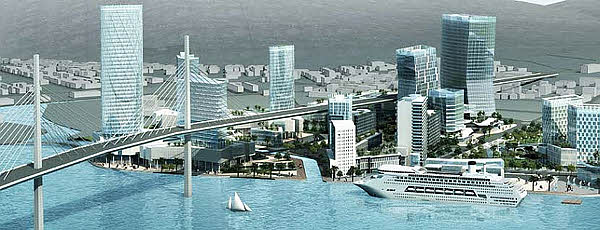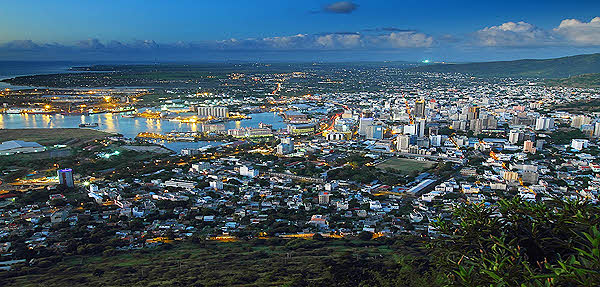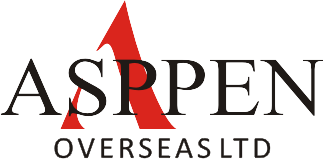Economy

Artist’s impression of the Neo town development in Port Louis
Since independence in 1968, Mauritius has developed from a low-income, agriculture-based economy to a middle-income diversified economy. The economy is based on tourism, textiles, sugar, and financial services. In recent years, information and communication technology, seafood, hospitality and property development, healthcare, renewable energy, and education and training have emerged as important sectors, attracting substantial investment from both local and foreign investors. Mauritius has one of the largest Exclusive Economic Zones in the world; in 2012 the government announced its intention to develop the Ocean Economy.
Mauritius is ranked high in terms of competitiveness, investment climate, governance and freest economy, the Gross Domestic Product (PPP) estimate was at $20.200 billion and GDP (PPP) per capita income over $15,591 in 2012, one of the highest in Africa. Mauritius has an upper middle-income economy, according to the World Bank in 2011. For the fifth consecutive year, the World Bank’s 2013 Ease of Doing Business report ranks Mauritius first among African economies and 19th worldwide out of 183 economies in terms of ease of doing business. Mauritius has built its success on a free market economy; according to the 2013 Index of Economic Freedom Mauritius is ranked as having the 8th most free economy in the world, and the highest score in investment freedom. The report’s ranking of 183 countries is based on measures of economic openness, regulatory efficiency, rule of law, and competitiveness. The rupee (sign: ₨; ISO 4217 code: MUR) is the currency of Mauritius. It is theoretically divided into 100 cents.
Mauritius has a smart brand of fine professionals, most of who qualified from internationally recognized institutions and/or world class professional bodies: chartered accountants, financial analysts, corporate lawyers, tax specialists, business consultants, IT engineers, architects. Recently, the Government of Mauritius enacted legislation encouraging foreign professionals to set up in the country.
Benefitting from a convenient time zone that makes same-day transactions possible from the US, through Europe, the Middle East and Australasia, Mauritius is emerging as a major international business platform in this region of the world. The Mauritian economy is one of the fastest growing in sub-Saharan Africa. In just three decades, the country has moved from a mono-crop sugar-dominated economy to being services oriented. The tertiary sector currently accounts for 70% of GDP, a fair indication of our impressive track record.
While traditional growth sectors like tourism and manufacturing continue to be strong, many other opportunities have arisen in emerging sectors with the potential to become tomorrow’s economic pillars of a regional powerhouse. This rapid transition to a mature economy, one of just two in Africa to have graduated to middle-income status, comes as a promising result of sound economic management coupled with a vision to succeed shared between the Government, the business community and civil society at large.
While endowed with a small, but increasingly affluent local population, Mauritius has secured preferential access to markets worth several hundreds of millions of consumers. With the EU, through the Cotonou agreement; with the US under the Africa Growth and Opportunity Act; with Eastern and Southern Africa, through the Common Market for Eastern and Southern Africa (COMESA) and the Southern African Development Community (SADC).
Mauritian traditional investors are also very receptive to partnering with their international counterparts. An increasing number of joint ventures are being witnessed today, in the traditionally strong sectors as well as in a growing number of innovation-driven emerging sectors.
Mauritius has been endowed with a natural gift for business ever since she was a major trading post for the renowned French “Compagnie des Indes” two centuries ago. In the years 1600′, she was referred to as the Star and Key of the Indian Ocean. The entrepreneurial spirit lives on. The business community is active and the Government is instrumental in making things happen. Today, any foreign investor can settle hassle-free in Mauritius and be operational in just 3 days.
The Government has ensured doing business in and from Mauritius is both easy and smooth and complies with best practices in terms of transparency, good governance and ethics. Mauritius has enacted anti-money laundering and terrorist-financing legislation while the business framework itself has been made simpler. Commercial law in Mauritius is a combination of the English Common Law and the French Napoléon Code.

Port Louis City View
Overview of Port Louis, the capital of Mauritius; It is the country’s economic, cultural, political center as well as the most populous city.
